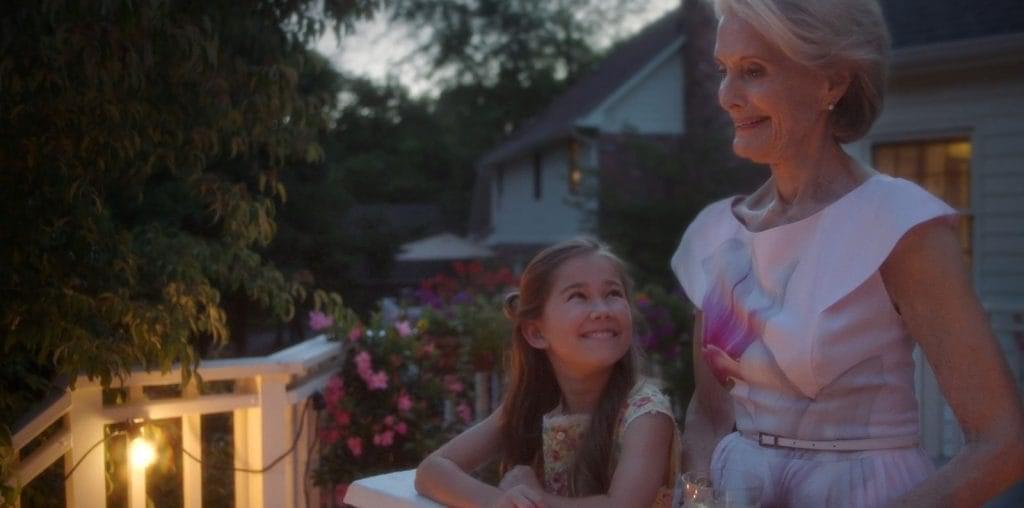
At the center of “2009: Lost Memories” lies a big black cosmic joke, the likes of which would make Harlan Ellison roll over in his grave. If he was dead that is.
The movie opens with an actual historical event. In 1909, Japanese dignitary Ito Hirobumi was assassinated in the city of Hardin, triggering a wave a Nationalist pride and defiance. The Japanese then used the assassination as an excuse to annex Korea and brutally crush the resistance until the end of the Second World War, when the axis defeat forced the return of Korea to self-rule.
Only that didn’t happen, because someone shot the assassin first.
Cause and effect: No big loud Korean rebellion, the Japanese side with the Americans in World War 2, and the atomic bombs fall on Berlin instead of Hiroshima and Nagasaki. A hundred years after the failed assassination attempt, Seoul is Japan’s third largest city and Korea is nothing more than a Japanese province.
We then cut to a present day raid on the powerful Inoue Foundation by
Korean terrorists. The JBI (Japanese Bureau of Investigations) is called in and immediately storms the place. Negotiation, it seems, isn’t their strong point. The firefight sequence that follows the arrival of the JBI confirms to me again that Koreans love Michael Bay. The scene just drips with slow motion sequences and soaring music and shots of squinting sweaty faces as guns are fired. Thankfully we don’t have too many moments like these and, unlike Bay’s films, the acting is quite good as a counterpoint to the Bang-Bang! Ka-boom! type brain candy.
Investigating the aftermath of the raid are JBI agents Sakamoto (who is Korean) and Saigo (who is Japanese). As the story progresses we get not-too-subtle hints that Koreans aren’t looked upon too highly by the ruling class. Despite the racist environment, both men are friends, and actors Kil-kang Ahn and Masaaki Daimon do a great job showing us the affection that the characters have for each other.
While watching videotape of the raid Sakamoto notices that the terrorists were trying to steal a Crescent shaped object. This discovery will lead him to the very heart of a vast hundred year old conspiracy involving Inoue Foundation and time travel, pitting him against his best friend in a battle for the very existence of the world they were both born in.
This is all very nice, but know what’s bugging me? The movie gets cold feet. It chickens out and doesn’t play fair. 2009 could have been one of the greatest sci-fi films of all time. The concept that BOTH the real world and the alternate future aren’t very desirable (for the North Koreans at the very least- they lose either way) is a fascinating one. However, the idea is never brought up. Sure, there’s innuendo and suggestion, but that’s all it is. No one ever stops their headlong rush to get to the third act to think about what they’re doing for a second. This isn’t to say that I want everyone to jabber away like in a Kevin Smith movie. You can be cryptic and deep, just look at Blade Runner. However, that film confronted its themes on both a visual and literal level. 2009 seems to avoid this kind of existential sparring, preferring to blow stuff up real good instead. I don’t care how big the fireball is, it can’t replace something like the scene of Batty saving Deckard or the “All those moments will be lost like tears in the rain.” speech.
So what’s better? Being ruled by the Japanese or by your fellow Koreans? Being crushed by Communism or Capitalism? Having all of Korea under the yoke of an oppressive regime, or just half? What’s better? What about the Japanese? Do the wounds of Nagasaki and Hiroshima run so deep that they’d rather be fascists than have the indignity of being bombed haunting their collective memory? What about WW2? Surely Japan siding with the Americans must have hurried the war along and saved millions of lives? What about that?
You can’t tell me that this is a subject that’s isn’t ripe for heated discussion. Yet the filmmakers remain silent. I’m not asking them to voice an opinion, just to at least acknowledge that these questions exist and to not dismiss everything by turning the film into a rambling action movie where the “real” world has to be restored at all cost and the hero is always right because well… he’s the hero. Perhaps I’m not getting the very Asian viewpoint here. Hell, I had to look up who the hell Ito Hirobumi was. Maybe it plays as a deep treatise on race relation to Korean/Japanese audience, but my Western eyes just didn’t get it. I doubt most people here would either.

